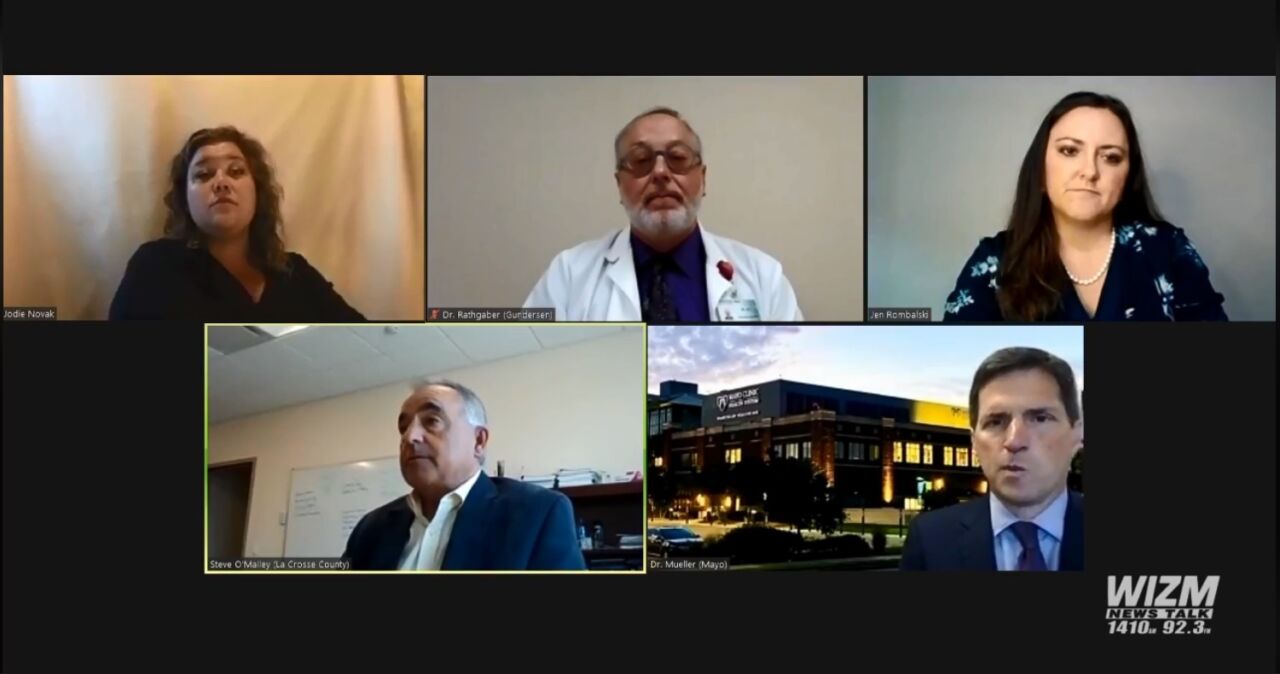Coronavirus
Panel broadly discusses plan to replace La Crosse County’s COVID-19 compass

Assessing COVID-19 across the community should get more specific in the Coulee Region.
The La Crosse County Health Department hosted a public briefing Friday afternoon, discussing broad plans on what will replace the COVID-19 compass. And, those broad plans are for a “tool” — they didn’t have a catchy name — that will be more specific to the needs of each part of the community, like schools or businesses.
At this point, though, there is no replacement. La Crosse County administrator Steve O’Malley said it wasn’t worth using the compass, since they were moving away from it.
“We’re very confident that within the week, we’ll have clear new changes in that data,” O’Malley said. “Some of that data will be similar to the compass, but will move away from this idea of one dial saying what the community-wide risk is everything.”
La Crosse County health director Jen Rombalski said the new tool would use nine metrics to gauge the virus and inform the public. She mentioned three of those nine: case rate per 100,000, hospitalization rate per 100,000 and hospital capacity.
While the new tool will be more specific for different parts of the community, it will also be broader in who and what has input into the measure.
“Replacing the compass in the coming week will be a shared responsibility for collaboration, data collection, analysis and dialogue with health providers stakeholders and the community,” O’Malley said.
Dr. Paul Mueller, regional vice president for Mayo in La Crosse added the new tool will “cover both healthcare and public health, while providing a more nuanced assessment that will reflect a more accurate snapshot of the current risk to the community.”
Also taking part in the briefing was Gundersen CEO, Dr. Scott Rathgaber.
A question relating to the reinfection — where someone apparently contracted COVID-19 twice, more than three months apart — the county posted about on Tuesday was not answered. Other questions about schools were discussed.
Watch the briefing below:

